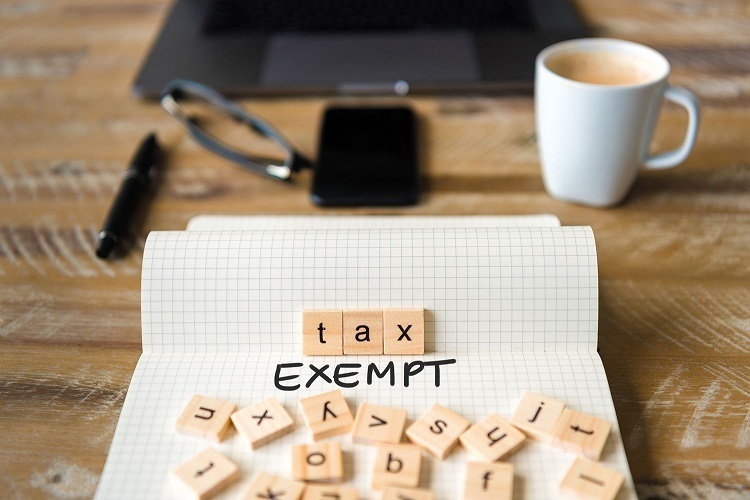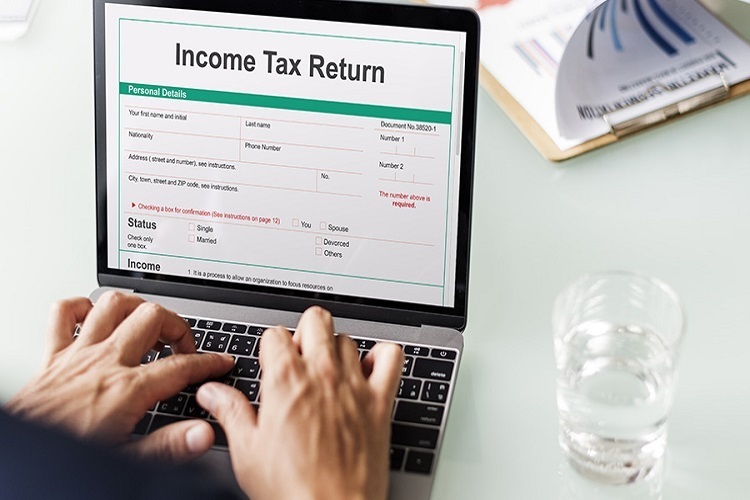The federal government offers 2 income tax exemptions to parents that can help offset some of their expenses. Raising children is one of the most important and rewarding jobs you can do, but it is also very expensive. Just look at the prices of diapers and baby formula! I have never had any children myself, but I have worked in retail before, and I could not believe the prices of baby items. Approximately $20 for a container of formula, and $10 or more for a pack of diapers, and that is probably not even a week’s supply! These 2 exemptions offered by the IRS are the dependent exemption and the child tax credit, and most parents will qualify for both of them. Get detailed information about the taxation rules and regulations, on this website: https://newshub4.com/
The dependent exemption is worth up to $3,000 per year! That could really help to buy some diapers! Plus you will still get the standard deduction allowed by the IRS per person for living expenses. If you are married you can take 2 of these exemptions each year, and if you are single you can take 1.
How much money you will actually save with the dependent exemption is dependent upon what tax bracket you currently fall into. Normally, as long as your tax bracket is not too high to receive this exemption, you will get more money the higher your tax bracket is. However, most parents will qualify for this exemption. Tax laws change each year so be sure to find out what the income limits are for the dependent exemption from a tax professional before filing your taxes. If you find out that you qualify for this exemption, just put the required information on your income tax form. Be sure to include a social security number or an adoption taxpayer identification number for every one of your children.
With the child tax credit you can get up to $1,000 a year for each child. Again there are income limits for receiving this credit. Therefore, be sure to talk to a tax professional to see if you qualify before filing your taxes, and remember these limits can change each year. In addition, in order to know how much of the child tax credit you can receive, you can download the child tax credit worksheet from the IRS’s website. When filing your income taxes be sure to include a social security number or an adoption taxpayer identification number for each of your children.
In closing, it is best to always go over your federal income tax return with a professional just to make sure that you have everything correct, because tax laws can change every year and sometimes they can be a little confusing.




